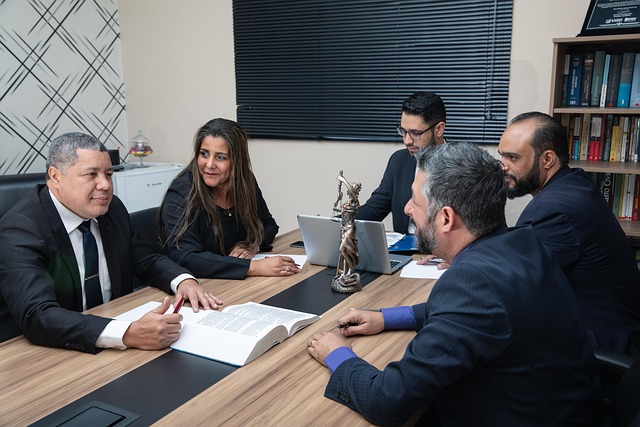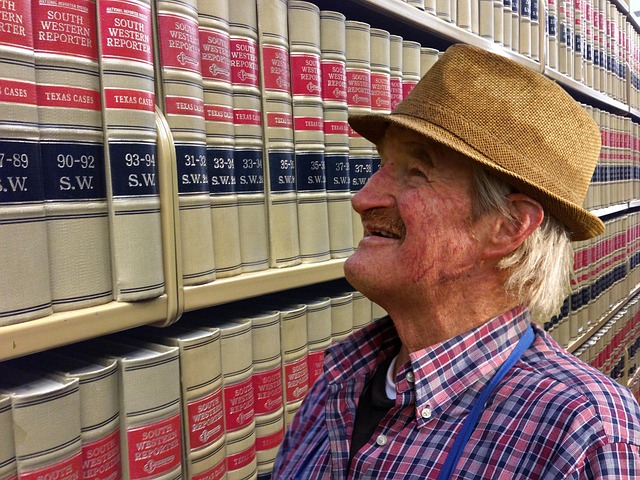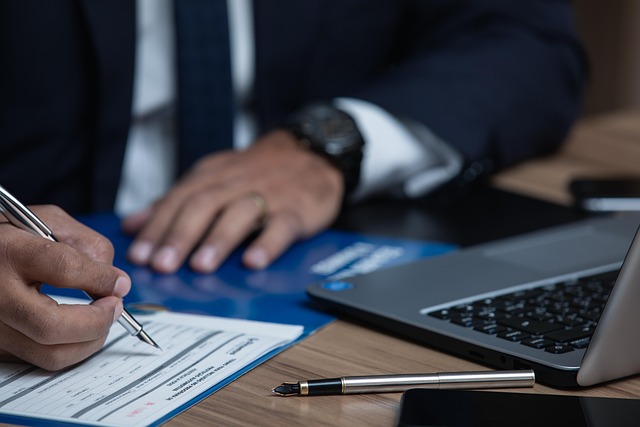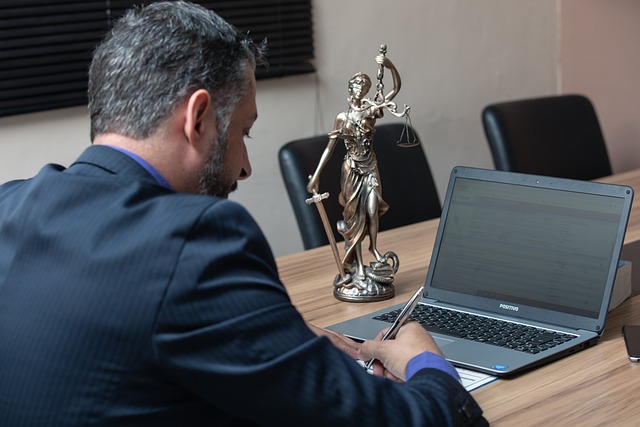In legal cases, especially those handled by a bike accident lawyer, witnesses play a crucial role in establishing liability and aiding personal injury claims. A bike accident lawyer leverages witness testimony to fill evidence gaps, strengthen cases, and impact insurance disputes, potentially swaying judgments in favor of victims. Effective legal representation involves gathering compelling witness evidence, which is secured through thorough investigations and meticulous preparation. Presenting this evidence strategically on trial days, with proper introductions and clear questioning, can significantly influence outcomes, particularly in complex cases involving defective products.
In the aftermath of a bike accident, witnesses play a pivotal role in strengthening a case. This article delves into the legal significance of witness testimonies, guiding you through the process of locating and preparing these crucial accounts. We explore effective strategies for presenting witness evidence in court, empowering you to navigate complex legal procedures with confidence, especially when seeking compensation from a bike accident lawyer. Understanding these dynamics can significantly impact the outcome of your case.
- Understanding the Legal Significance of Witnesses
- The Process of Locating and Preparing Witness Testimonies
- Effective Strategies for Presenting Witness Evidence in Court
Understanding the Legal Significance of Witnesses

In any legal case, especially a bike accident lawyer scenario, witnesses play a pivotal role in shaping the outcome. When it comes to personal injury claims, the presence and credible testimony of eyewitnesses can be instrumental in establishing liability and facilitating a successful client recovery. These individuals provide firsthand accounts of the incident, which are invaluable for reconstructing the events leading up to and during the accident. A bike accident lawyer will often rely on witnesses to fill in gaps in evidence or confirm details that strengthen the case.
Understanding the legal significance of witnesses is crucial when navigating insurance disputes. Their testimonies can sway the judgment in favor of the victim, ensuring they receive the compensation they deserve for injuries sustained. Moreover, consistent and accurate witness statements can expedite the claims process, which is particularly important in cases involving slip and fall incidents or other time-sensitive accidents. Effective legal representation often hinges on gathering and presenting compelling witness testimony to secure a favorable outcome for the client.
The Process of Locating and Preparing Witness Testimonies

Locating and preparing witness testimonies is a meticulous process that plays a pivotal role in strengthening a case for a bike accident lawyer. The first step involves comprehensive investigations to identify potential witnesses, which may include bystanders, fellow riders, or even truck accident attorneys who can provide relevant expert opinions. Once identified, the personal injury lawyer will assess each witness’s credibility and the value of their testimony based on what they witnessed during the incident.
Preparing these testimonies includes gathering detailed statements from witnesses, ensuring they accurately reflect the events leading up to and following the bike accident. This process may involve interviews, written statements, or even depositions to solidify the evidence. A competent truck accident attorney understands that each witness’s perspective contributes to a comprehensive narrative, helping to reconstruct the accident scene and demonstrate liability, ultimately strengthening the case for compensation in personal injury lawyer cases, especially when dealing with complex issues like defective products.
Effective Strategies for Presenting Witness Evidence in Court

When presenting witness evidence in a bike accident lawyer case, it’s crucial to employ strategies that ensure clarity and impact. Start by thoroughly preparing your witnesses well in advance of the court date. This involves providing them with detailed information about the case, including relevant dates, locations, and events leading up to the accident. It’s also beneficial to offer a brief summary of their expected testimony, helping them feel more confident and prepared.
On the day of the trial, make sure your witnesses are calm and collected. Begin by establishing their credibility through clear introduction and background information. Use simple, straightforward language when examining or cross-examining them, avoiding complex legal jargon that could confuse the judge or jury. Highlight the relevance of their testimony to the case while allowing them to provide detailed accounts of what they witnessed, especially regarding car accident injuries or other incidents like nursing home abuse, which can significantly impact the outcome.





